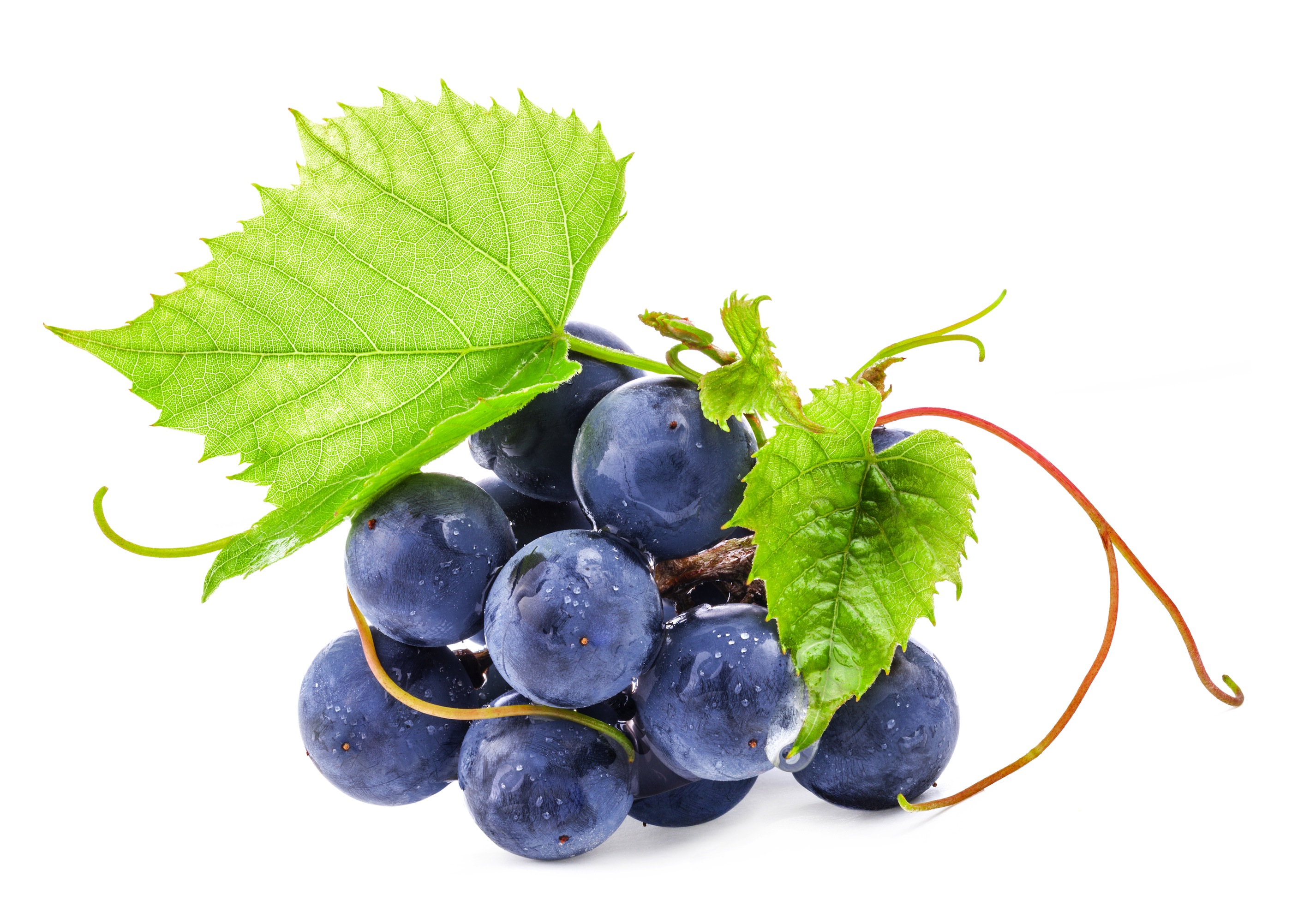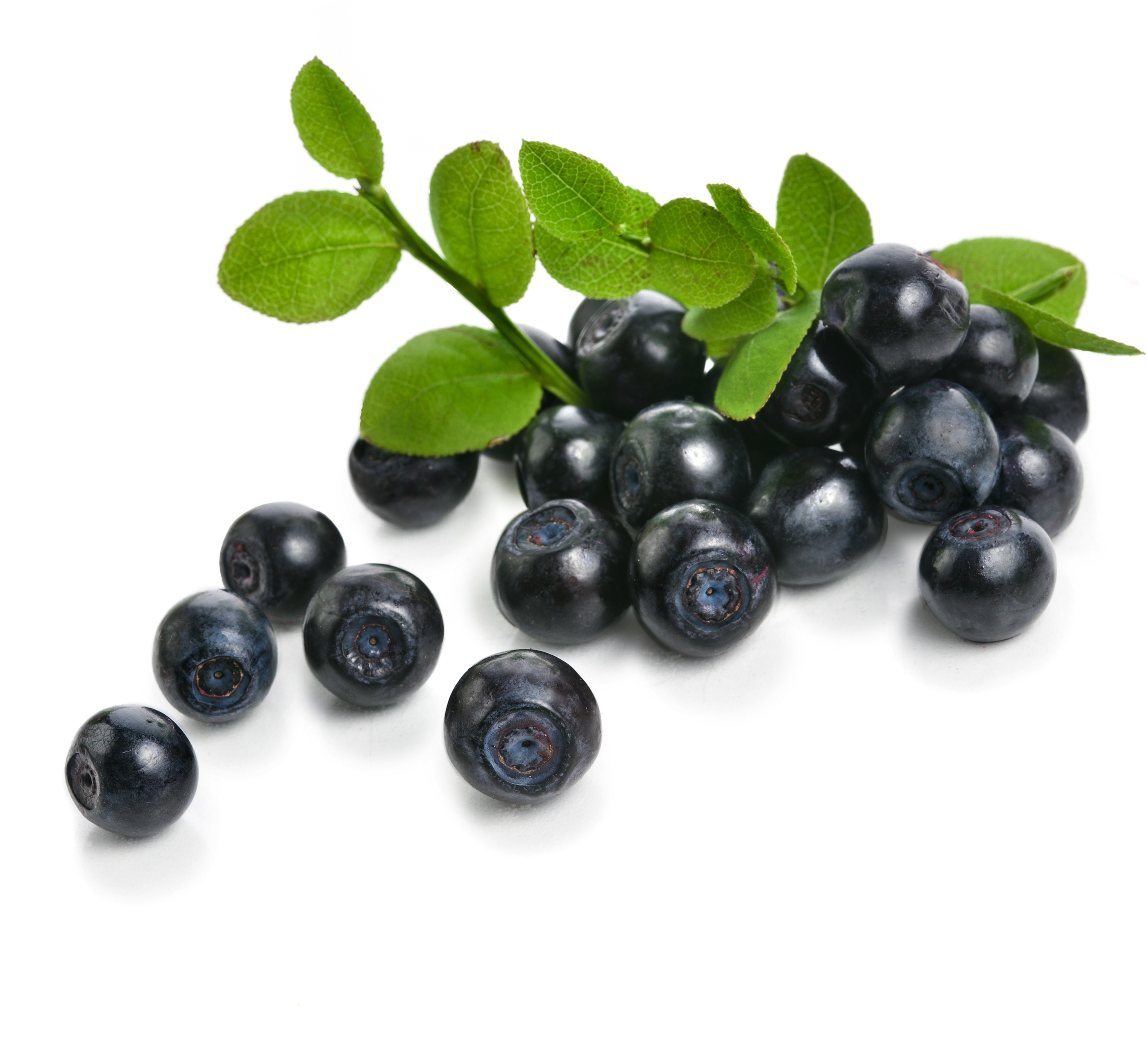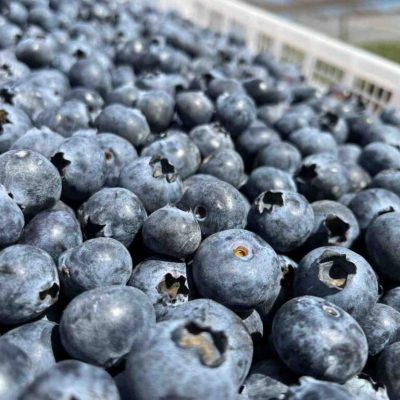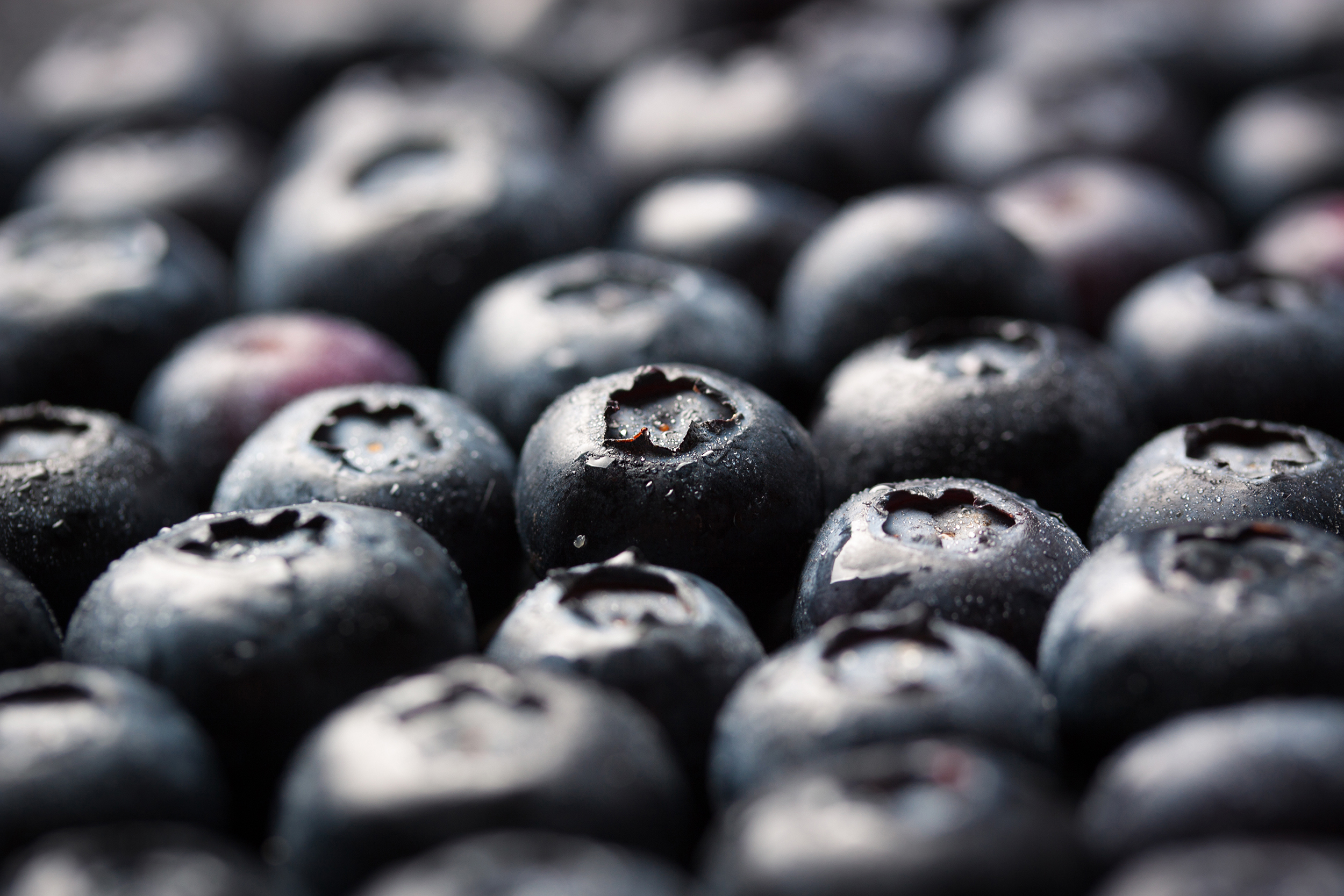South Coast blueberry industry bursting with opportunity
Bandon, Langlois and Port Orford are known for their cranberry farms, but there’s another berry growing in popularity along the South Coast.
The Oregon blueberry industry has experienced more than 100 percent growth in less than 10 years, going from fewer than 20 million pounds of blueberries harvested in the late 1990s to nearly 40 million pounds in recent harvests.
Fresh Oregon blueberries are a hot commodity these days for many reasons — incredible taste, the highest quality and peerless nutritional value being just a few. And Oregon’s South Coast is ripe with opportunity for those interested in growing blueberries.
It’s the “superfood” designation that has driven Oregon blueberry production and sales increases in recent years. And with such large production numbers, Oregon remains one of the top producing states in the nation.
The Oregon blueberry fresh market production in 2011 was 32.3 million pounds, while the processed market production in 2011 was 28.6 million pounds. Oregon blueberry on-farm sales for 2011 totaled 4.2 million pounds.
Oregon growers routinely realize the highest crop yields per acre compared to any other state, an estimated 9,000 pounds per acre, according to the Oregon Blueberry Commission. Ranging from large operations that ship their crop to both national and international buyers to small family farms with less than 10 acres offering on-farm sales, the 332-plus Oregon Blueberry growers know a good thing when they see it.
 The South Coast, with its suitable microclimate, low incidence of frost and mild temperatures, is an ideal place to grow blueberries and also a popular location for U-pick blueberry farms.
The South Coast, with its suitable microclimate, low incidence of frost and mild temperatures, is an ideal place to grow blueberries and also a popular location for U-pick blueberry farms.
Heather Valentine, 24, of Valentine Blueberries, a family business offering U-pick and pre-picked, understands the value of the berry. Her father Charlie, a building contractor and heavy equipment operator by trade, planted 7.5 acres of blueberries on Sydnam Lane, 11 miles south of Bandon, eight years ago.
“We didn’t know what we were doing getting into it,” Heather Valentine said. “It’s been a learning experience.”
Charlie planted mostly Duke blueberry bushes on property they are leasing long-term. The Duke berry is firm with a mildly tart flavor that retains its fresh quality longer than most other varieties. The plant blooms late but ripens early, protecting blossoms from late frosts. Valentine also has a few acres with other varieties, including the Bluejay, a mellower, softer berry.
The farm utilizes a drip irrigation system and blueberries grow well without herbicides or insecticides. Valentine Blueberries is not certified organic, but the family only uses organic sprays.
“It’s just not worth it to use anything else,” Heather explained. “With good management, you don’t have to use chemicals.”
Crows have been a problem, however. The family is trying something new this year — a speaker that plays recorded bird sounds, with a bird-of-prey call every couple of minutes. The sound scares the crows away — or that’s the theory.
“They are clever, and cause us a lot of waste,” Heather said.
Valentine Blueberries opened early this year, on June 15, and the warm weather and light rainfall brought the season to a close early, about the second week of July. Other farms, such as Jensen’s, established in 1954 and certified organic since 2001, should have berries into August.
Valentine’s also offers frozen berries during non-harvest months. Frozen and fresh berries from the farm can be found at B&B Farm Supply in Langlois, where Heather’s mother Wendy works, and at the Langlois Market. Eventually, the family hopes to machine harvest so they can market the berries outside the area, but the bushes are not yet strong enough for that.
Blueberries, especially certain varieties such as the the Bluejay, also dehydrate well, Heather said.
For the Valentines and others growing blueberries on Oregon’s South Coast, it just keeps getting better. Heather keeps meticulous records.
“I know exactly how much I sold last year, both U-pick and pre-pick, so I can go back and say each year is better than the last,” she said.
Being on the Northern Wild Rivers Coast Farm Trail has helped draw in customers.
“A lot of people stop just to stretch their legs,” Heather said. “I get people from all over the world. Some of them have never seen blueberries and thought they grew on vines or on the ground like cranberries.”
In addition to being delicious without added sugar, blueberries have health benefits, including their antioxidant content. Heather uses them on everything and said she hasn’t had a cold for years.
The blueberry season lasts four to six weeks and there are several berry farms along U.S. Highway 101 as well as inland, such as Hazen’s Riverside Blueberry Farm in Coquille and Happy Family Farms in Myrtle Point.
Along with Valentine’s and Jensen’s, Valley Flora Farm in Langlois is another local favorite. Visitors can find a variety of U-pick berries, including blueberries, throughout the summer and fall.
Twin Creek Ranch in Bandon also has seen bumper crops in the past few years, according to owner David Leff. His farm boasts big berries, sometimes mistaken for grapes.
“There are so many berries, it’s unbelievable,” Leff said. “I get berries out here the size of quarters.”
Heather believes there is room for expansion of the South Coast blueberry market.
“I think there could be more farms,” she said. “We got into it because I think it was the idea of something sustainable that my dad could count on. People are always going to want fresh fruit. My dad is a smart guy. He looked into something that he can do. And mom makes all the jams and jellies we sell. It’s hard work, but a lot of fun, too.”
“I never get sick of eating blueberries,” she added. “I see blue when I sleep.”







